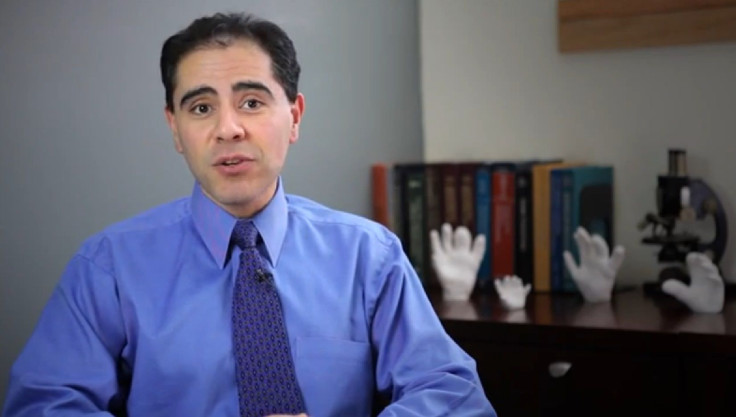Boston Children’s Hospital Begins World's First Pediatric Hand Transplant Program [VIDEO]

In a move demonstrating the growing acceptance of pediatric transplants, Boston Children's Hospital is beginning a program that will allow children with missing hands to improve their quality of life.
Dr. Amir Taghinia, who will be leading the program, said plenty of transplants occur for adults; the research now shows children will benefit equally, if not even more, with the one potential risk coming from immune-suppressing drugs prescribed afterwards.
"We consider children in a separate category from adults because they have longer to live, theoretically longer to live with the hand transplant and longer exposure to immune-suppressing drugs," Dr. Taghinia told WBZ NewsRadio 1030. "You need to ask yourself if the risk of the immune-suppressing drugs justifies the improvement in quality of life."
"We feel that this is justifiable," he added.
Children have more to gain with a transplant compared to adults or receiving prosthetics, doctors said. Along with the added difficulty of learning to use prosthetics, adolescent nerves grow back far more quickly than an adult's, making the likelihood of a child's body rejecting a transplant much slimmer.
More concerning are the immune-suppressing drugs post-transplant, which can carry side-effects and may increase cancer risk over the long-term.
One third-party expert, along with Taghini, believes the risks are justified.
"We understand so much more about immune suppression" that it's less of a risk to put children on it," said Dr. Simon Horslen, medical director of the liver and intestine transplant program at Seattle Children's Hospital. "This is never going to be done as an emergency procedure, so the families will have plenty of opportunity to weigh the options."
While Horslen claims the transplant will never be performed as an emergency procedure, the AP reports children who lose their hands in accidents will be considered candidates, along with children born without hands or those who have an infection and require amputation.
Following the program's success, face transplants and other radical procedures may soon follow, Taghinia said. His overall goal is improving a child's quality of life. For now, the program will begin with healthy kids who are at least 10 years old and missing both hands.
"Some of them can't feed themselves, they can't go to the bathroom, someone needs to assist them with almost every activity," Taghinia said.
The hospital will also consider patients who only have one hand (without proper functioning) along with children who have one hand and currently take immune-suppressing drugs for a prior organ transplant.
So far, the medical industry has seen more than 70 hand transplants in adults and at least 20 face transplants. As far as limbs go, hands and arms take much longer to develop dexterity than legs and feet. In December, doctors performed a double arm transplant for Brandon Marrocco, a former soldier who lost all four limbs serving in Iraq. It was the seventh double-hand or double-arm transplant in the United States.
Taghinia's transplant program hopes to increase those numbers, while reducing suffering and increasing the overall quality of life as well.
"The quality of life issues are a big deal," said Dr. Douglas Diekema of the Center for Pediatric Bioethics at Seattle Children's Hospital and a member of the American Board of Pediatrics' ethics committee. "In terms of how we interact with the social world, it's mostly our face and our hands," so a transplant "is a reasonable thing to offer a family."



























